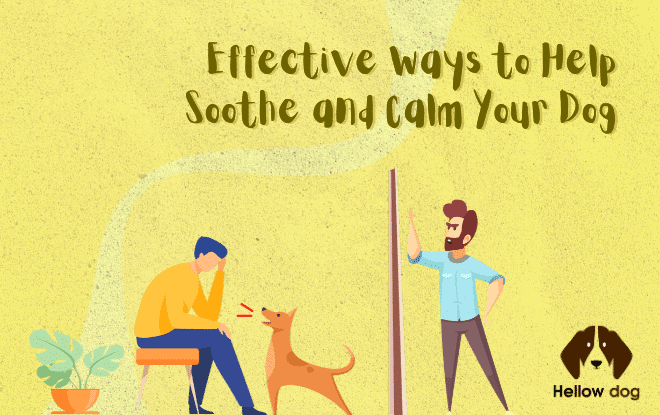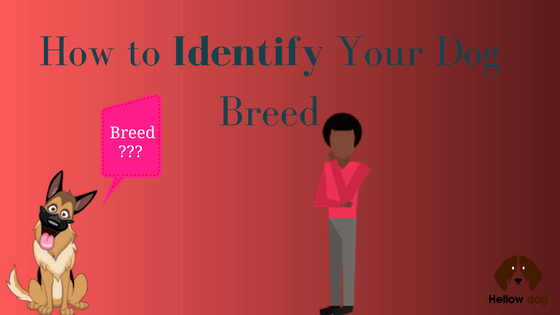Anxiety is something that affects a huge number of people all around the world, regardless of their sex, religion, social status, or anything else that can differentiate one person from another.
There are many levels of anxiety from something relatively common such as being stressed about a forthcoming examination at college, or something a lot more serious such as a deep underlying fear of venturing outside of your own home. Everyone is affected by anxiety in different ways, and we all have our own ways of dealing with stress in our lives.
Anxiety in animals
We are not alone on the planet when it comes to anxiety. Animals are just as prone to suffering from it as we are. Even household pets such as cats and dogs can feel anxious, stressed, or even depressed. Dogs, for example, will all experience anxiety at one point in their lives. It doesn’t matter which breed of dog they are, it’s something that can affect every type, just as it can affect people the world over.
The problem with dogs, and other animals, that suffer from anxiety is the inability to communicate with us to let us know what is wrong, what is causing it, and how we can help. Because of this, we have to be aware of the symptoms of anxiety in our canine friends.
The types of dog anxiety
Some different types of anxiety can be experienced by dogs. One of the most common, which is something that we humans also suffer from, is separation anxiety. For dogs, the center of their world is the people that are around them and take care of them, so when that person or persons disappears for several hours each day, it can be a very stressful situation for your pet.
Another cause of anxiety in dogs is loud noises. Things such as fireworks or loud thunder can shock all of us, but for animals, they are much more frightening. The period around the 4th of July in the USA or the 5th of November in the UK when fireworks are out in full force can be a very stressful time for all types of animals. If you have a pet, make sure you keep them inside and shower them with love and hugs. This would also be a great time to have a calming bed for your dog, so they have somewhere safe and comfortable to sit.
Dogs are also prone to anxiety from changes in their routine or environment. If you have guests around or take your dog somewhere new, such as the vet’s for a checkup, this change of setting can lead to moments of fear and stress.
Signs of Anxiety
Many signs can tell you if your dog is suffering from anxiety. One is if your dog is constantly barking or wailing when you are not home. If this happens, your neighbors will most likely let you know. Other signs can be the destruction of furniture around the house such as chewed chair legs or ripped-up sofas.
Some dogs may even lose their appetite and you’ll notice that their food isn’t being touched at all. There may also be an increase in frequency or urination. If you notice any unusual behavior from your dog, it’s important to follow up on it and if needed, take them to your local vet for a checkup.
Ways to help your dog’s anxiety
As with all conditions such as anxiety and stress, there are several different options open for you to try and help your dog’s condition. Below we will take a look at the most popular ones.
Behavioral Training
There are various behavioral training methods that you can use to help with your dog’s anxiety. If your dog suffers from separation anxiety, then you can spend time with your dog doing things that they enjoy.
Whether it’s a walk along the beach, or simply playing with a ball in your backyard, it’s important to spend some quality time with your pet. This helps to turn negative associations with being home alone into something more positive such as an activity that they enjoy.
Physical Contact
Hugging is a great way to reduce anxiety and stress. Think back to when you were a kid and you were worried about something. A hug from your mum or dad would have made you feel a lot better and would have instantly taken away some of your worries or concerns.
The same applies to dogs and other animals. Close contact with them is almost a form of healing and can have a very positive effect on the behavior of your dog, especially during the times of the day when they are alone and most vulnerable.
Maybe consider another dog
Sometimes, the feelings of anxiety that a dog suffers from stem from simply being alone. There have been lots of instances where bringing home a second dog has had a huge effect and completely removes the fear of loneliness or separation anxiety.
This isn’t a solution that is going to work for all dog owners, but it is one that you should consider or discuss with your local veterinarian.
Medical treatment
Sometimes whether we like it or not, the best solution for a problem is medicine. There are various medicines that you can give to your dog to help them relax a little easier and to take the edge off of their anxiety.
Sometimes in puppies, their levels of anxiety are affecting their ability to learn, so medication is the best solution in that circumstance.
A few final thoughts
The most important thing you can do for your dog is to be aware of their well-being. If your dog is suffering from anxiety, there are some signs that you can look for which will give you an informed guess as to whether they are suffering from it or not.
The main thing to try and find is the cause of their anxiety. It’s not something that will be easy to do for everyone, as all dogs are different, and what may upset one dog may not affect whatsoever on another. If you need professional advice then you should pay a visit to your local vet, explain your concerns and let them give you a few suggestions to try.







